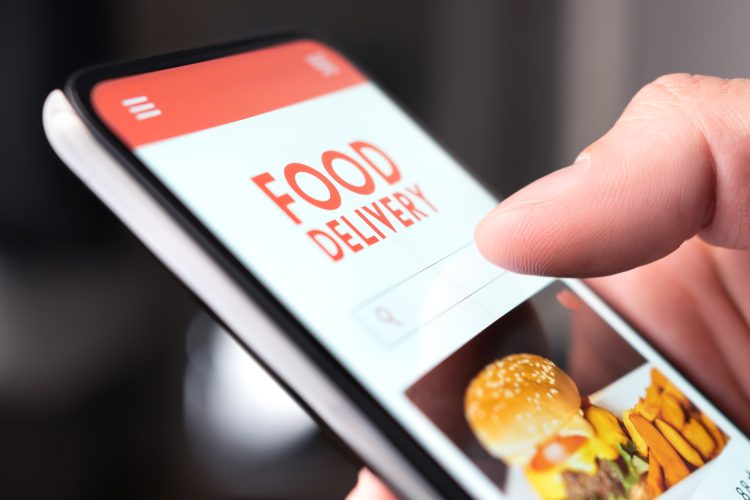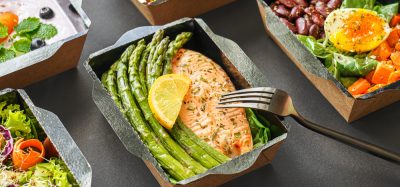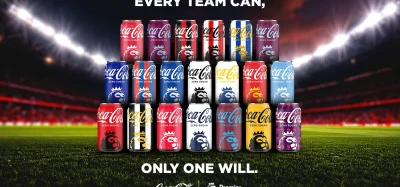Online food delivery menus lack nutritional information, study claims
- Like
- Digg
- Del
- Tumblr
- VKontakte
- Buffer
- Love This
- Odnoklassniki
- Meneame
- Blogger
- Amazon
- Yahoo Mail
- Gmail
- AOL
- Newsvine
- HackerNews
- Evernote
- MySpace
- Mail.ru
- Viadeo
- Line
- Comments
- Yummly
- SMS
- Viber
- Telegram
- Subscribe
- Skype
- Facebook Messenger
- Kakao
- LiveJournal
- Yammer
- Edgar
- Fintel
- Mix
- Instapaper
- Copy Link
Posted: 15 April 2024 | Grace Galler | No comments yet
Researchers from the University of Sydney have found that menu items on major online food delivery outlets are “missing nutritional information”.


In a study analysing online food delivery outlet menus in Australia, researchers from the University of Sydney have found that “most advertised items are missing nutritional information that would otherwise help consumers make healthy choices”.
Back in 2011, the New South Wales Menu Labelling Scheme was introduced, which requires large fast-food outlets to display both the average energy content (as Kilojoules) on menu items and the reference statement ‘the average daily energy intake is 8700 kJ’ at point of sale.
In fact, the kilojoule value must be next to the price of each item on menus: in store, at drive throughs, on internet ordering sites, and distributed via letterboxes. This Scheme applies to franchises or chains with more than 20 locations in the state of New South Wales or 50 locations nationally.
However, the latest study’s findings show information is “largely absent or poorly provided on online food retail platforms and menu labelling laws need to keep up with increasing demand of online food delivery services”.
To carry out the study, the research team randomly selected 10 suburbs across Sydney and review 43 unique large food outlets on online food delivery services. In total, 482 menus from UberEats, Menulog and Deliveroo were reviewed.
Results found that “less than six percent of menus of food outlets on third party online food delivery applications (apps) such as UberEats, Menulog and Deliveroo had complete kilojoule labelling (where all items on the menu had kilojoule labelling)”.
However, since the study was carried out, online food delivery company Deliveroo no longer operates in Australia.
In addition, the study highlighted “large inconsistencies in kilojoule labeling between different locations for the same franchise store and between the type of delivery service, whether it was in house company owned apps such as Domino’s or third-party delivery services such as Uber Eats
“The results are concerning and highlight the largely unregulated digital environment where young people increasingly use apps to make food purchases,” commented Sisi Jia, lead author and PhD Candidate from the Charles Perkins Centre and Susan Wakil School of Nursing and Midwifery at the University of Sydney.
“Displaying the kilojoule content on a menu item is important to help people make informed health choices. There are multiple studies that show menu labelling having real world impact–- that consumers who were provided with nutritional information selected meals with significantly lower energy content,
Jia went on to state that, although there is an increasing demand for food delivery services, “it is unknown how well menu labelling is implemented by online platforms”.
“To our knowledge, there are currently no public health policies or nutritional labelling requirements that specifically cover online food delivery platforms,” Jia continued.
Published in the journal Public Health Nutrition, key findings revealed that large food outlets on UberEats, Menulog and Deliveroo were found to have only 4.8 percent, 5.3 percent and 3.6 percent complete nutritional labeling respectively.
In addition 35 percent of large fast-food franchise outlets on company apps such as MyMaccas had complete kilojoule labelling. Meanwhile over 75 percent of menu items from mid-sized food outlets could be classified as ‘unhealthy’ under independent guidelines although exempt from providing nutritional information under current laws.
To reflect increased demand and usage of online food delivery systems, the researchers say that the current NSW menu labelling laws “were written with traditional food environments in mind and need to be updated.
“The inconsistent kilojoule labelling on online food delivery services, shows we need swift and clear leadership on how the NSW Menu Labelling scheme and any future schemes are applied on online food retail platforms,” added Dr Stephanie Partridge from the Charles Perkins Centre and Susan Wakil School of Nursing and Midwifery.









